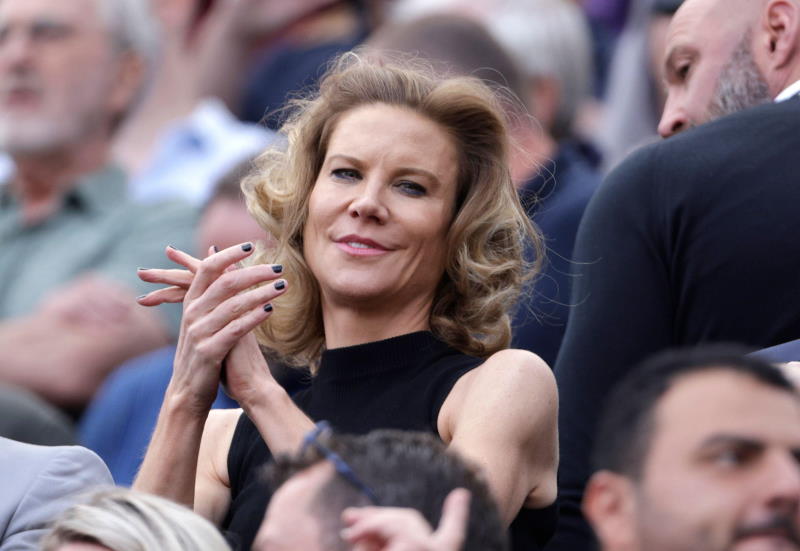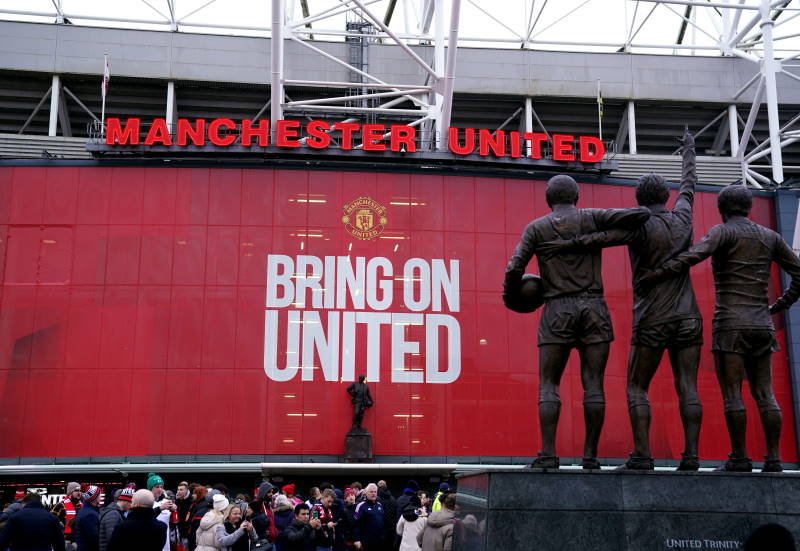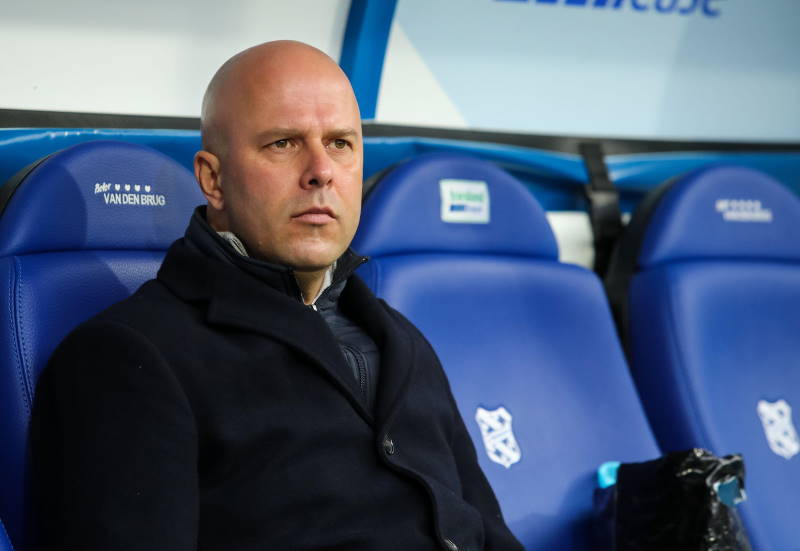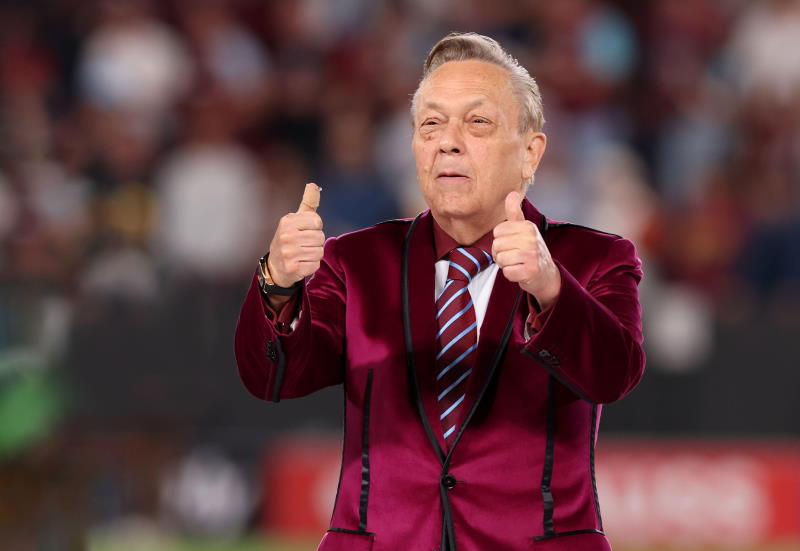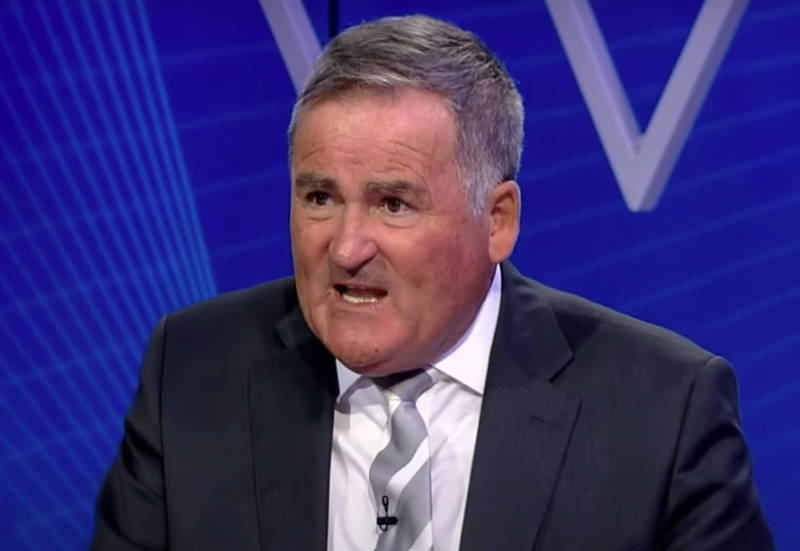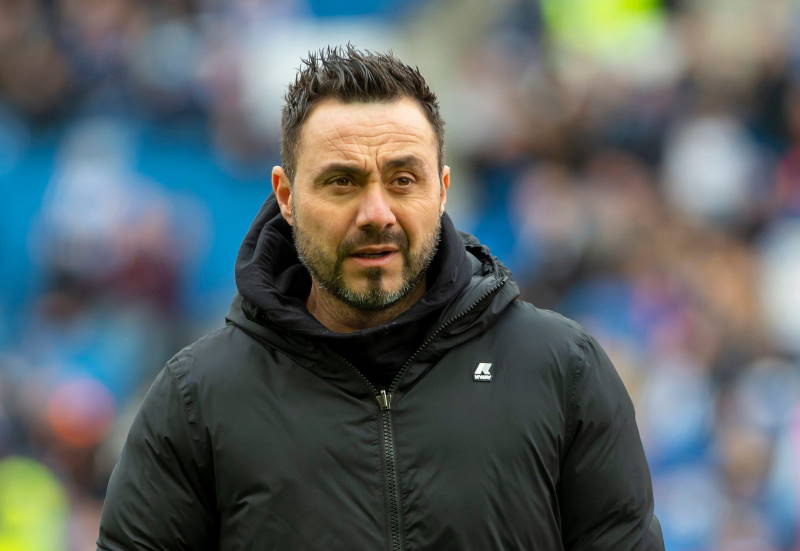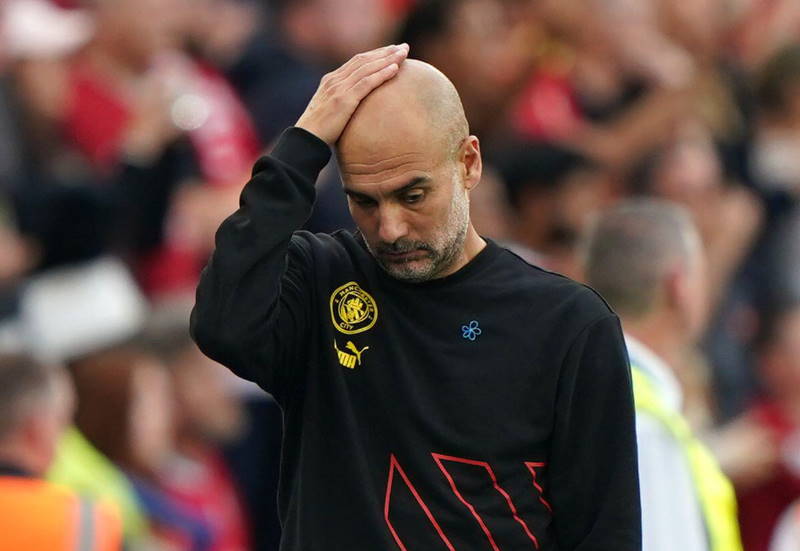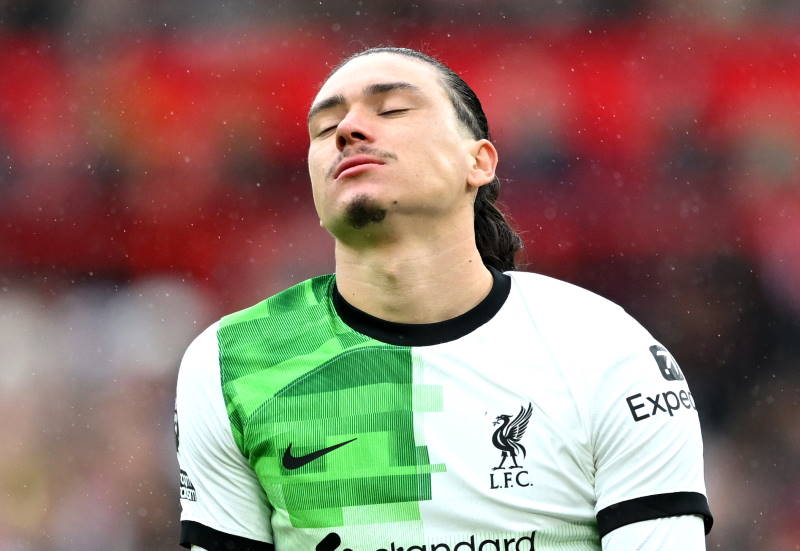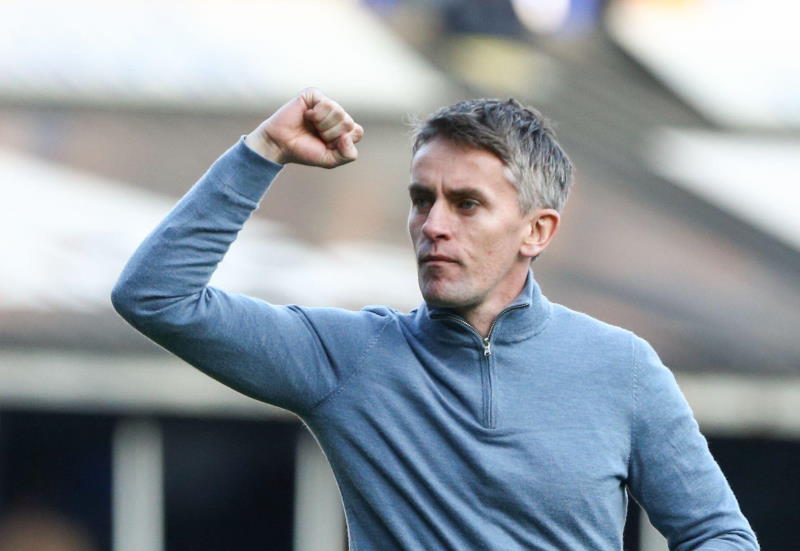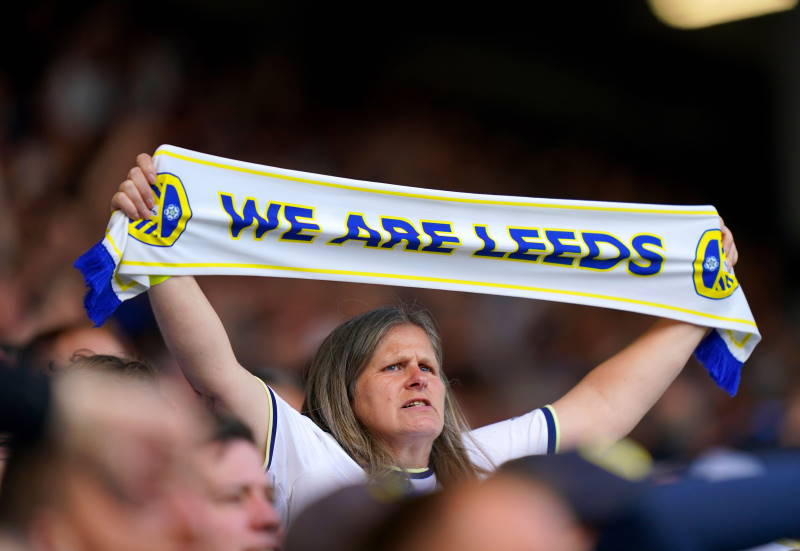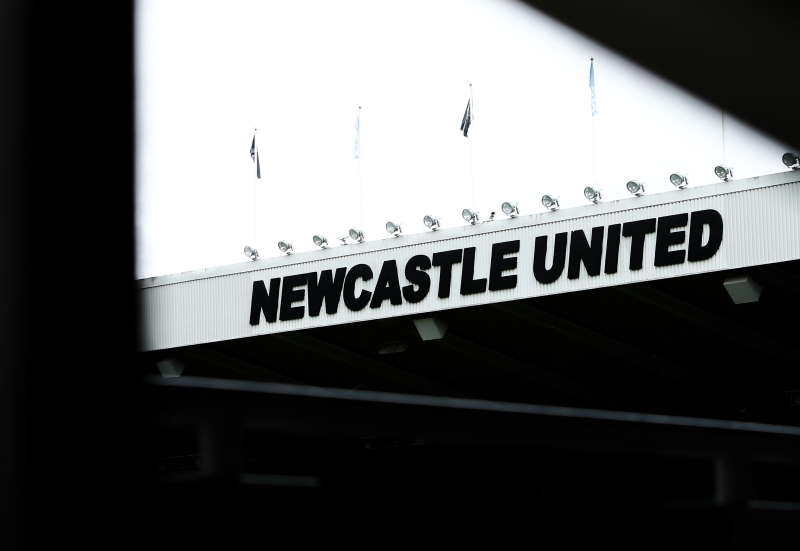
There are derbies and there are derbies in football, but there is something special about those which involve neighbours. In fact, most British writers and commentators once referred only to these local clashes as true derbies, the most famous of which are Liverpool vs Everton, London’s Arsenal vs Tottenham Hotspur, AC Milan vs Inter and possibly the most hostile and often violent confrontation of them all – the ‘Old Firm’ duel between Glasgow’s great rivals Rangers and Celtic; the Old Firm clash goes deeper than just territorial rivalry, its roots lie in religion and the event is by fuelled by copious amounts of alcohol.
Of all the great ‘local’ European derbies, perhaps the least known, outside of Germany, are the annual altercations which take place between the two great clubs from the sprawling industrial conurbation of the Ruhr, Schalke 04 and Borussia Dortmund. Although each officially come from the separate cities of Dortmund and Gelsenkirchen, there is very little open countryside between the two, and even less love.
But the lack of world renown is perhaps down to the fact that the rivalry has become more recent than most. After the first half century of German football, Schalke were one of the two most successful clubs in the country, the other being Nurnberg from Bavaria. The Gelsenkircheners had no serious local rivals to speak of, but then things began to change in 1955 when Rott-Weiss Essen became only the second Ruhr club to win the national championship. However, just as the Essen-based outfit were beginning to see themselves as Schalke’s natural enemy number one, along came Borussia Dortmund to topple their claim with two back-to-back titles. Suddenly Schalke cast their eye over Dortmund and spied a serious local rival.
Thus in 1957, the rivalry was born, a rivalry which has grown into an enmity and which was demonstrated before one of the more recent clashes by comments from the Dortmund camp. In reply to the question: “What will you do if your son turns out to be a Schalke fan?” Dortmund midfielder Kevin Grosskreutz answered with a seemingly straight face: “I’ll have him put straight into a children’s home!” Though to be fair, Grosskreutz is a bit of a rarity in that he plays for the club he worshipped from the moment football became his chosen persuasion. And to emphasise that he may not have been joking about his boy, the born and bred Dortmunder didn’t just want to beat Schalke.
“I want to ridicule them and grind them into the ground, because that is what our fans want us to do to them. To beat Schalke is more important to me than winning against Bayern Munich.”
The greatest year for both clubs came at the end of the same season – 1996/97. And as befits their seniority in both age and league triumphs Schalke became the first Ruhr club to lift one of the two major European trophies – the UEFA Cup, now re-titled the Europa League. On 21st May 1997, die Knappen (the Miners) won the very last two-legged final by beating Inter Milan on penalties in the San Siro. But then just a week later the upstarts from Dortmund went one better by lifting ‘the big one’, the UEFA Champions League, when they outplayed Juventus to win convincingly 3-1 in Munich’s old Olympic Stadium.
Last season was a painful one for the Dortmunders, they not only lost both league games to Schalke 1-0 and 2-1, but also saw the Gelsenkirchers finish runners-up, while they missed out on a European place altogether.
The settings for the annual clashes between these giants are as impressive as any in the world of football derbies. When fans outside of Germany think of the best-supported clubs in Europe, the names that spring to mind immediately are Real Madrid, Barcelona, the Milan clubs or Manchester United. Few realise that Borussia Dortmund regularly attract over 80,000 to their Signal Iduna Park with its awesome Sudtribune end which holds over 24,000 fans alone, and beats Liverpool’s famous Kop for sight and sound.
Over in Gelsenkirchen, Schalke too can lay on an atmosphere to lift their heroes and rattle their rivals’ nerves. The newer and more aesthetic Veltins Arena accommodates over 61,000 equally passionate partisans who, despite still being able to boast one more league title under their belt, will not rest until they too have a Champions League on their trophy shelf.

